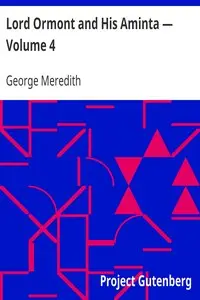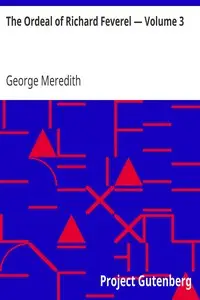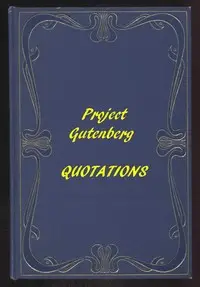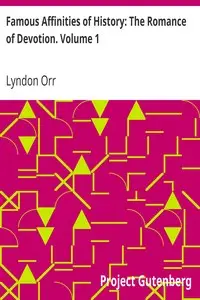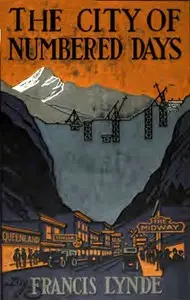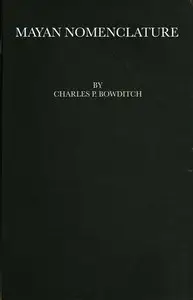"The Amazing Marriage — Volume 4" by George Meredith is a story set in the Welsh highlands where Carinthia battles the restrictive expectations of marriage and society, whilst locked in a challenging relationship with Lord Fleetwood. Focused on fierce love, self-denial, and the quest for freedom, Carinthia's determination to protect her child from Fleetwood is the core of the novel. From reflections in the Welsh landscape to interactions with her neighbor Mrs. Wythan, the narrative emphasizes Carinthia's internal struggle, personal strength, and dedication to both her child's welfare and the well-being of her community, spotlighting the social tensions she must overcome.

The Amazing Marriage — Volume 4
By George Meredith
Amidst societal pressures and the stunning backdrop of Wales, a mother risks everything to protect her child from her husband.
Summary
About the AuthorGeorge Meredith was an English novelist and poet of the Victorian era. At first, his focus was poetry, influenced by John Keats among others, but Meredith gradually established a reputation as a novelist. The Ordeal of Richard Feverel (1859) briefly scandalised Victorian literary circles. Of his later novels, the most enduring is The Egoist (1879), though in his lifetime his greatest success was Diana of the Crossways (1885). His novels were innovative in their attention to characters' psychology, and also portrayed social change. His style, in both poetry and prose, was noted for its syntactic complexity; Oscar Wilde likened it to "chaos illumined by brilliant flashes of lightning". Meredith was an encourager of other novelists, as well as an influence on them; among those to benefit were Robert Louis Stevenson and George Gissing. Meredith was nominated for the Nobel Prize in Literature seven times.
George Meredith was an English novelist and poet of the Victorian era. At first, his focus was poetry, influenced by John Keats among others, but Meredith gradually established a reputation as a novelist. The Ordeal of Richard Feverel (1859) briefly scandalised Victorian literary circles. Of his later novels, the most enduring is The Egoist (1879), though in his lifetime his greatest success was Diana of the Crossways (1885). His novels were innovative in their attention to characters' psychology, and also portrayed social change. His style, in both poetry and prose, was noted for its syntactic complexity; Oscar Wilde likened it to "chaos illumined by brilliant flashes of lightning". Meredith was an encourager of other novelists, as well as an influence on them; among those to benefit were Robert Louis Stevenson and George Gissing. Meredith was nominated for the Nobel Prize in Literature seven times.






